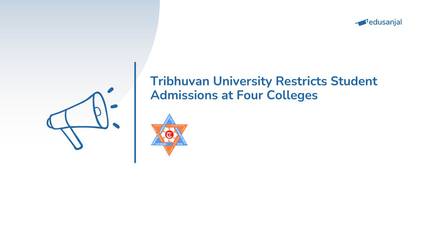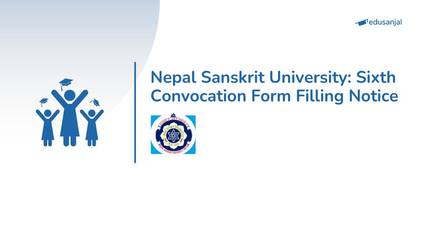The central office of Far-Western University has remained locked for more than 50 days, causing severe disruption to the university's operations. This extended closure began in the month of Shrawan when student organizations progressively restricted access to the premises.
The lockdown was initiated in response to the university's appointment of department and campus heads during the final week of Asadh. Student organizations expressed their dissatisfaction with these appointments, citing political affiliations as the basis for their protest. Simultaneously, representatives from UML and RPP also padlocked the gates in solidarity with the student organizations.
Subsequently, after negotiations, UML unlocked the central office in the first week of Shrawan, while RPP decided to do so in the second week of Bhadra. Both parties reached an agreement to ensure that future university appointments would adhere to legal procedures. This includes staffing from support roles to professors, which will be carried out through the service commission. Additionally, there are plans to establish a library within the university's central office.
In a more recent development, a student organization affiliated with RPP placed a lock on the university's main gate. On Bhadra 15, another student organization joined the protest by locking the gate as well. Their action was prompted by the discovery that the question papers for the university's fourth-semester undergraduate exams were identical to those used in the previous academic session.
In the final week of Asadh, the university appointed heads for seven departments and fifteen campuses. Notable appointments include Harendra Raj Kalauni as the Department Head for Engineering, Padmaraj Bhat for Management, Pushpa Raj Joshi for Humanities, Arjun Negi for Education, Karna Dev Bhatt for CSIT, Shailendra Chand for Science, and Sushil Neupane for Agriculture.
Following these appointments, university officials traveled to Kathmandu to attend the 11th convocation ceremony. However, the student organization accused the university of rushing the selection of department heads and campus chiefs with the intent of including their professors as senate members in the assembly.
University officials insist that there is no favoritism involved in the appointments of department heads and campus chiefs, emphasizing that these appointments were made based on seniority and competence.
Nevertheless, some department heads protested, claiming that Vice-Chancellor Ammaraj Joshi and Registrar Yagya Raj Pathak's working styles did not meet their expectations. As a result of these protests, they were removed from their positions and replaced by individuals chosen from within the university community.
This is not the first time the university's central office has been subjected to a prolonged lockout. In the past, there were consecutive instances of locking that lasted for two to three months. Two years ago, when assistant deans, directors, and department heads were appointed, a lengthy lockdown occurred. This previous lockdown also disrupted the convocation ceremony.
Established in 2068, the university began its academic activities in 2069 by absorbing the Siddhanath Multi Campus and its administrative functions. Over time, discussions have centered on formalizing 27 campuses within the university's framework. However, thus far, the university has only formalized agreements with 15 campuses to oversee its academic programs, with job alignments and approvals still pending.
During 2070 and 2071, a total of 15 campuses, spread across all nine districts of the Far West region, attained official status. Subsequently, it was decided that an additional six campuses would be formalized in 2074, with five more campuses added in Chaitra of the previous year. Just before the 11th convocation ceremony, it was also determined that two more campuses would receive official recognition.
This rush to formalize campuses has created a sense of urgency, but it has also led to heightened confusion due to the lack of consensus and pending approvals.













